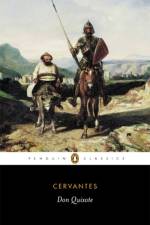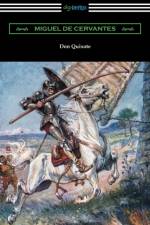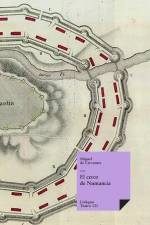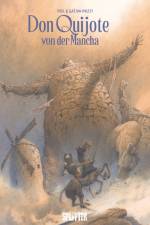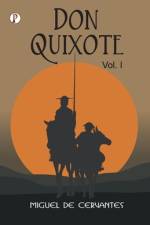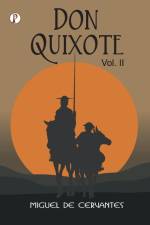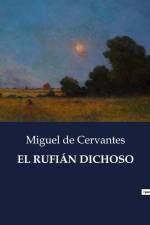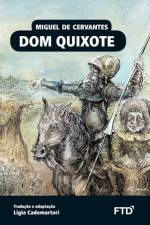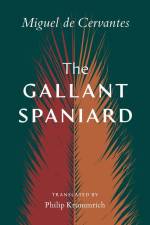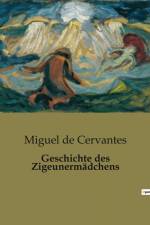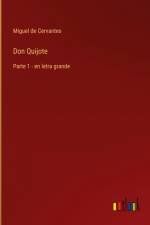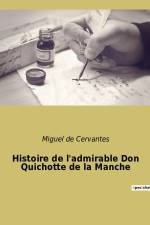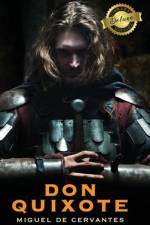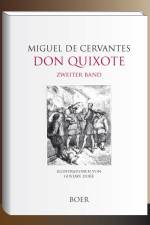von Miguel de Cervantes
9,99 €
Limpias, pues, sus armas, hecho del morrión celada, puesto nombre a su rocín y confirmándose a sí mismo, se dio a entender que no le faltaba otra cosa sino buscar una dama de quien enamorarse; porque el caballero andante sin amores era árbol sin hojas y sin fruto y cuerpo sin alma. Decíase él: ¿Si yo, por malos de mis pecados, o por mi buena suerte, me encuentro por ahí con algún gigante, como de ordinario les acontece a los caballeros andantes, y le derribo de un encuentro, o le parto por mitad del cuerpo, o, finalmente, le venzo y le rindo, ¿no será bien tener a quien enviarle presentado y que entre y se hinque de rodillas ante mi dulce señora, y diga con voz humilde y rendido: «Yo, señora, soy el gigante Caraculiambro, señor de la ínsula Malindrania, a quien venció en singular batalla el jamás como se debe alabado caballero don Quijote de la Mancha, el cual me mandó que me presentase ante vuestra merced, para que la vuestra grandeza disponga de mí a su talante»? ¡Oh, cómo se holgó nuestro buen caballero cuando hubo hecho este discurso, y más cuando halló a quien dar nombre de su dama! Y fue, a lo que se cree, que en un lugar cerca del suyo había una moza labradora de muy buen parecer, de quien él un tiempo anduvo enamorado, aunque, según se entiende, ella jamás lo supo, ni le dio cata dello. Llamábase Aldonza Lorenzo, y a ésta le pareció ser bien darle título de señora de sus pensamientos; y, buscándole nombre que no desdijese mucho del suyo, y que tirase y se encaminase al de princesa y gran señora, vino a llamarla Dulcinea del Toboso, porque era natural del Toboso; nombre, a su parecer, músico y peregrino y significativo, como todos los demás que a él y a sus cosas había puesto.

